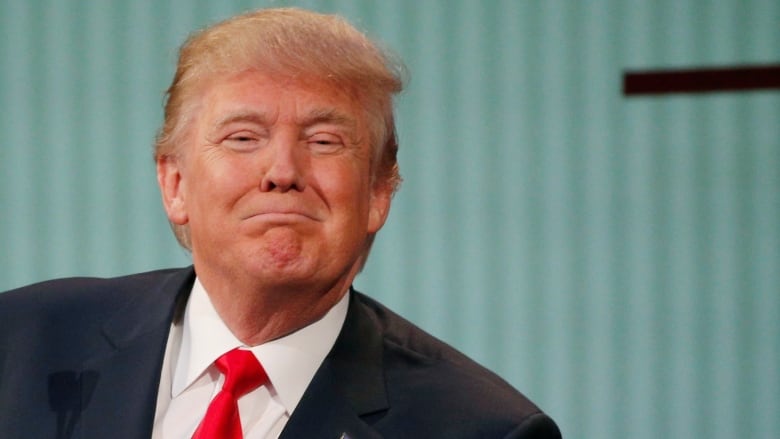
Last week, Trump wrote a letter to Prime Minister Imran Khan, seeking Pakistan’s help in brokering a peace deal with the Afghan Taliban. According to the Foreign Office, the US president also acknowledged that the Afghan war had cost both Pakistan and Afghanistan.
It is unprecedented that Trump is seeking help from the same Pakistan which he accused of ‘lies and deceit’ in a New Year tweet. In fact, only recently he accused Pakistan of providing shelter to al Qaeda chief Osama bin Laden — something that led to a war of words between him and Prime Minister Imran Khan.
So, what has really prompted Trump to take a U-turn and reach out to a country, which he earlier thought, only deceived the United States? The answer is the never-ending war in Afghanistan.
Trump first unveiled his strategy for the South Asian region in August 2017 when he conceded that the American people were frustrated by the nation’s longest war in Afghanistan, calling it a war without victory. During a year and a half, the Trump administration employed different tactics including penalising Pakistan to defeat the Taliban. But all those efforts could not yield the desired results. American officials have now admitted that the Taliban control more than 60 per cent of the territory in Afghanistan. Hence, the Trump administration has finally come to the conclusion that there is no other option but to talk to the Taliban.
But what exactly the US expects from Pakistan on the Afghan endgame given the fact that Islamabad apparently has already been facilitating the peace process? The release of certain Afghan Taliban commanders including Mullah Baradar, the co-founder of the Taliban movement and the former deputy to Mullah Omar, was part of that facilitation process.
Over the past few weeks, US officials including Trump’s point man for the region, Zalmay Khalilzad, held talks with Taliban representatives in Doha. However, the US appears to be not convinced that the Doha office can lead to a final settlement. It is because of this reason that Trump, on the advice of his aides, reached out to Prime Minister Imran Khan. The US believes that Pakistan is the only country that can persuade the Taliban for decisive talks, although the Foreign Office insisted that Pakistan has its ‘limitations’ regarding the Taliban.
Pakistan did broker the direct talks between the Taliban and the Afghan government in 2016. But Pakistan felt betrayed after the news of the death of Mullah Omar was leaked to the media with an aim to scuttle the process. The subsequent killing of Mullah Mansur, the successor to Mullah Omar, dealt a fatal blow to a promising peace process. Against this backdrop, Pakistan has been treading carefully. It wants to facilitate the process but would not like to be seen as mediator or take the blame for any failures in Afghanistan.
Also the deepening trust deficit between Pakistan and the US has prevented them from being on the same page. Pakistani officials privately often question the sincerity of the US in bringing some semblance of stability in Afghanistan. Pakistan suspects the US may have other strategic objectives to achieve other than striking a peace deal with the Taliban. The US on the other hand thinks that Pakistan is still supporting the Taliban to advance its own strategic interests in the region. These misgivings have prevented the two sides to find a common ground.
But there is a glimmer of hope that both countries will eventually find a way out because the US needs face saving and Pakistan does not want the turmoil in Afghanistan to continue either.
Published in The Express Tribune, December 10th, 2018.
Like Opinion & Editorial on Facebook, follow @ETOpEd on Twitter to receive all updates on all our daily pieces.













COMMENTS
Comments are moderated and generally will be posted if they are on-topic and not abusive.
For more information, please see our Comments FAQ